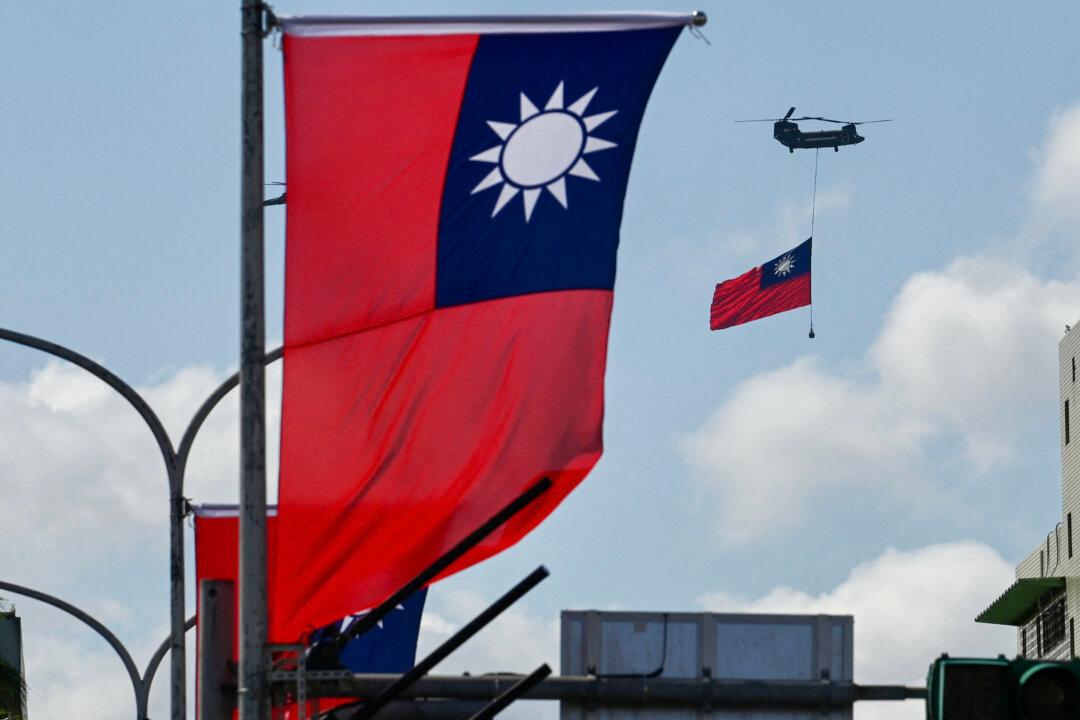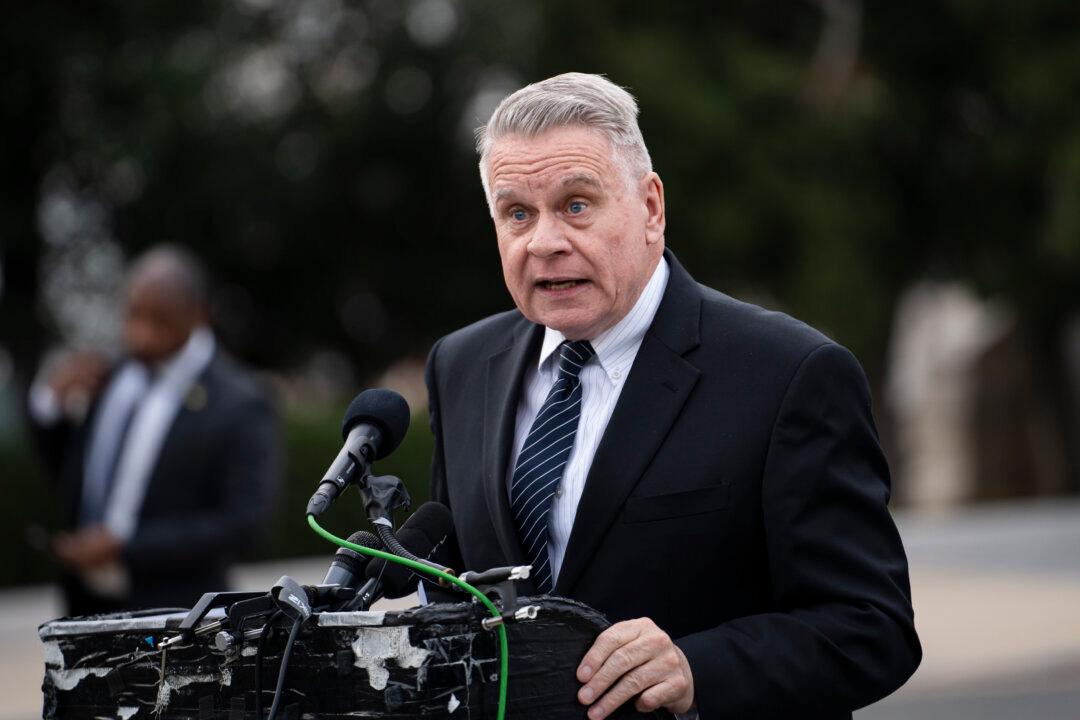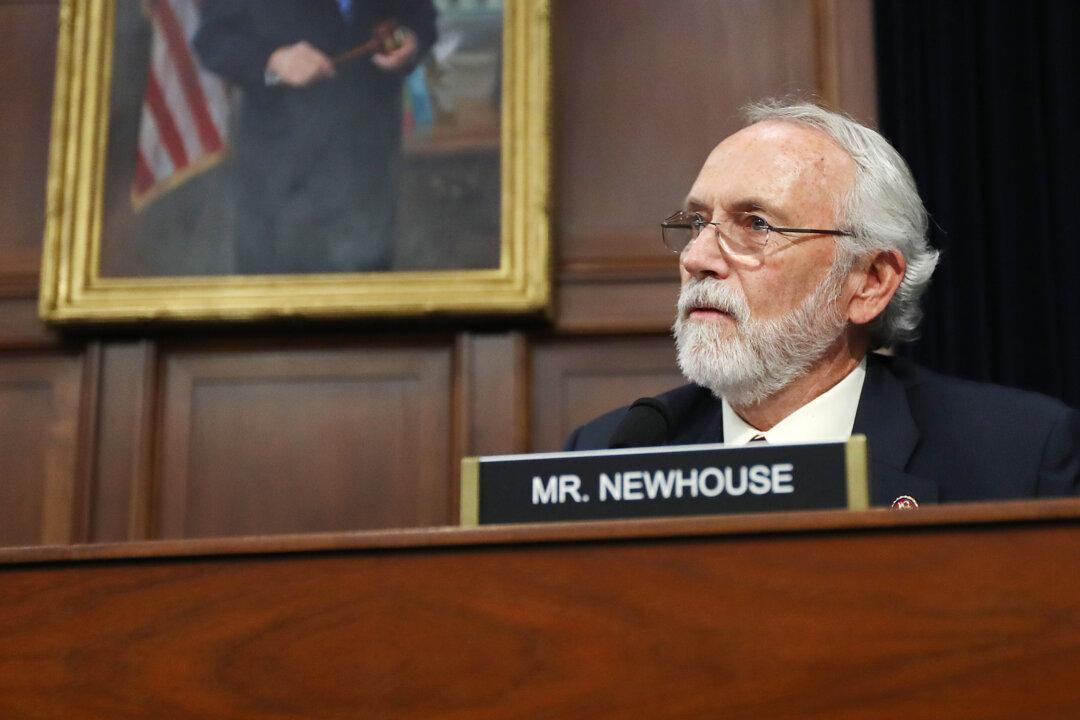Top U.S. and European leaders recently spoke about how democracies, rather than an authoritarian regime such as China, should set the rules for artificial intelligence (AI).
Instead, the rules should be written by the United States and its like-minded allies, Raimondo said.
“It’s important that AI is developed in a way, and regulated in a way, that is consistent with our democratic values of freedom and openness, protection for our intellectual property, respect for human rights, and respect for privacy,” she said.
Blinken singled out the differences between the United States and China: the former putting “universal rights and democratic values” at the center of all its innovation and the latter failing to “differentiate between civilian and military” applications with regards to emerging technologies such as AI.
“So we’ve got to think differently about how to protect our innovation and industries against that kind of misuse,” he said.

Austin said that AI will be vital to U.S. military superiority in the future, in areas such as data-driven decisions and human-machine teaming. But he noted that the United States would take a different approach to AI development compared to China.
“In the AI realm, as in many others, we understand that China is our pacing challenge,” Austin said. “We’re going to compete to win, but we’re going to do it the right way. We’re not going to cut corners on safety, security, or ethics.
“AI is going to change many things about military operations, but nothing is going to change America’s commitment to the laws of war and the principles of our democracy.”
In 2017, China rolled out the “New Generation Artificial Intelligence Development,” a road map that sets out strategic goals by 2020, 2025, and 2030. The road map calls for major breakthroughs in AI theories, such as big data intelligence and human-machine hybrid intelligence, before turning China into an AI innovation powerhouse by 2030.
The 2017 road map also notes that it’s important to deepen cooperation between the private sector and the Chinese military to drive China’s AI advancement.

The two European leaders who took part in the summit were also wary of China coming out on top in the global AI competition.
“Like in China, AI may be misused for mass surveillance or social control,” said Margrethe Vestager, executive vice president of the European Commission.
“Those of us who believe in the dignity, the integrity of each individual, that we come together to shape the standards of technology, the approach to technology, because we see that there are other approaches where the individual is a data-creating entity rather than the starting point for democracy and where power comes from.”
Vestager said it was important that “democracies stick together to build a positive digital vision” and noted that the recently created EU–U.S. Trade and Technology Council was a “vital step.”
NATO Deputy Secretary-General Mircea Geoană said Russia and China have been “pursuing the development and adoption of AI at pace, with little regard for human rights and data privacy.”





